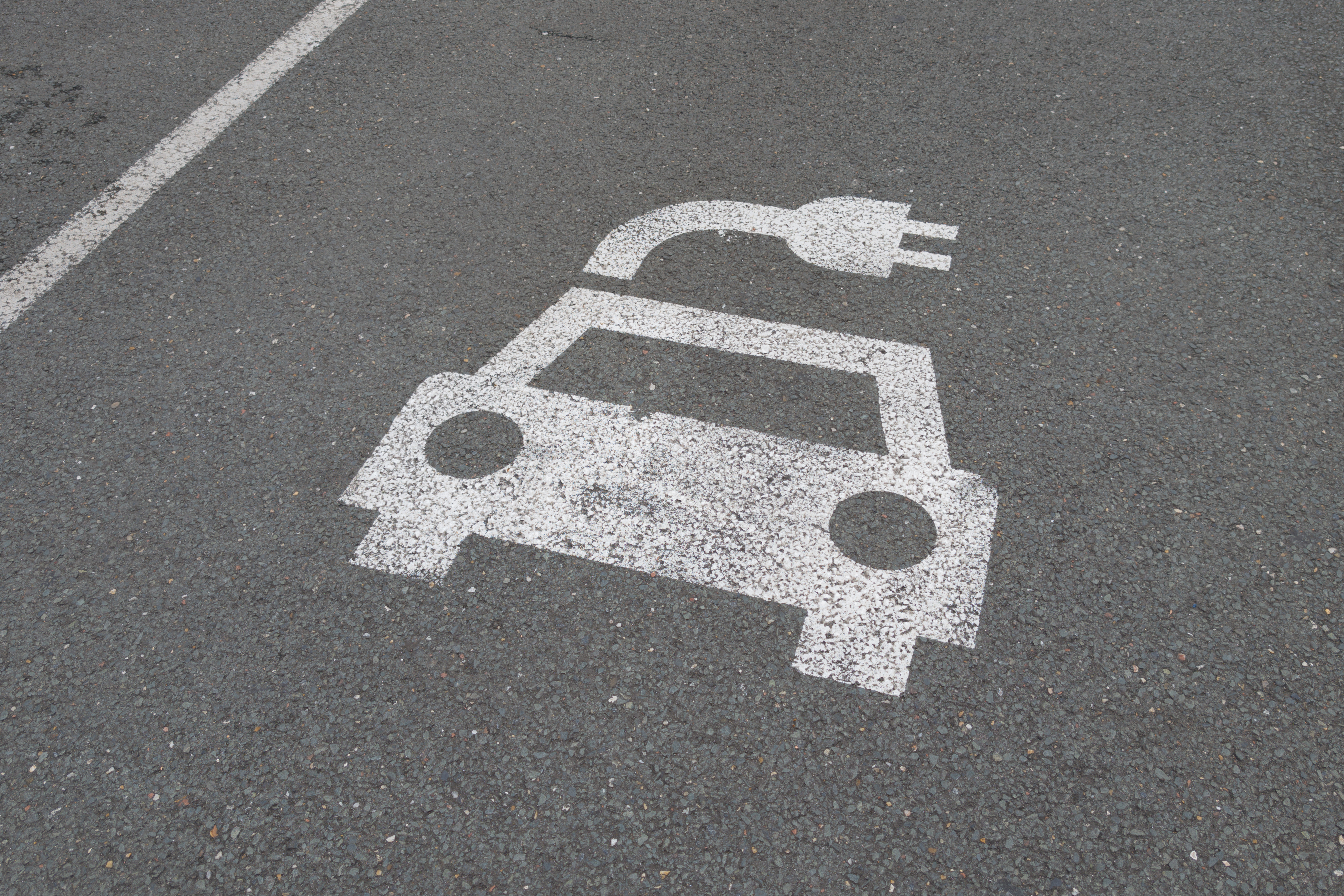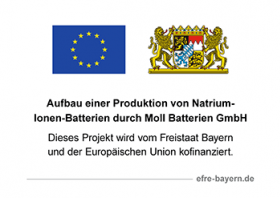
Not Just Focusing on E-Cars

TRANSPORT Klaus Eichhorn from Moll company criticizes the fixation on electric technology and the EU decision to ban new vehicles with combustion engines from 2035.
Bad Staffelstein — The EU Parliament has now also passed the decision: From 2035, no vehicles with combustion engines may be registered anymore. How is this being received at battery manufacturer Moll? We asked Managing Director Klaus Eichhorn.
FT: Doesn't the planned end of new registrations for combustion engines in the EU also mean a hard blow for companies like Moll?
Klaus Eichhorn: We at Moll explicitly welcome the political initiatives in Germany and the EU to actively counter climate change through the energy transition. However, the requirements and the path there should not ignore reality. The German government, for instance, wants to put at least 15 million electric cars on German roads by 2030. Currently, there are only about one million electric cars. In 2022, 2.65 million new passenger cars came onto German roads, of which only around 470,000 had an electric drive – with a clearly declining trend currently. With all optimism: the goal of the German government for Germany and the EU by 2035 is unlikely to be realistic. We can only hope that the partially 80 percent subsidized construction of production capacities for lithium batteries in Germany and the EU, costing billions, does not lead to similar bankruptcies as in the past with the solar industry - and only because political thinking and not reality is the basis for planning.
We face the development without falling into general panic. What is generally not known: In every electric car, besides the lithium-based drive battery, there is also a 12V lead battery installed for powering safety-critical consumers in the electrical system.
FT: Do you believe there could still be a change of course in Europe and the combustion engine might continue to live?
Klaus Eichhorn: Yes, for decades to come! But not in the conventional sense with fossil fuels, rather with synthetic fuels, also called e-fuels. The signs of the times speak for this. Why else would car manufacturer Porsche, according to Stuttgarter Nachrichten, have already invested 70 million in building an e-fuels production facility in Chile in 2022? Recently, the newly appointed VW CEO Oliver Blume stated in an interview with ntv: "With e-fuels, combustion engines can be operated almost CO2-neutral and are in demand worldwide". The demand in Germany can no longer be ignored to correct the course of the federal government and the EU regarding the ban on combustion engines by 2035. Only then is the way free for innovations in competition between Germany and the EU with the USA and China.
FT: What reasons would speak for a change?
Klaus Eichhorn: There are a number of reasons that speak for it. Regarding raw materials: Lithium and rare earth elements like cobalt, manganese, etc. are limited in quantity; sourcing from abroad can lead to dependencies. Furthermore, their extraction is often environmentally harmful and takes place under questionable working conditions.
Regarding purchase price: It's questionable whether there is even a buyer segment in Germany for 15 million electric cars by 2030. Due to rising prices for battery materials for electric cars (cobalt, manganese, etc.), car expert Ferdinand Dudenhöffer fears that a VW ID.3 could be about 10,000 EUR more expensive than a comparable Golf with combustion engine.
Regarding safety: Due to the increasing number of electric cars on the road, damage cases are also rising; specifically battery fires. The fire of the container ship "Felicity Ace" near the Azores in February 2022 with 4000 vehicles on board should not be forgotten yet. The firefighting was extremely difficult due to the electric cars on board, with the sad result that the container ship sank. More and more often, you can read at parking garages and underground garages: "Entry with electric cars prohibited". Recently, the Norwegian shipping company Havila banned the transport of electric cars for safety reasons. With the ramping up of electric cars by 2030, such incidents will increase. It will be interesting to see how insurance companies react to the increase in damage cases.
Regarding residual value: The lifecycle of a car with combustion engine in Germany is known, about ten years. Afterward, the car is often sold overseas at residual value, e.g., to Africa, where it continues to be used for many years. With electric cars, however, the production costs of the drive batteries make up about one-third of the total vehicle costs - currently about 10,000 to 15,000 euros. These batteries are depleted after a few years and must be replaced.
Who would buy an older used electric car knowing they have to pay the not inconsiderable costs for a new battery?
FT: And what problems do you see in the environment of e-mobility?
Klaus Eichhorn: Take the charging infrastructure topic: Who can imagine a major city like Berlin, Hamburg, or Munich with only electric cars? Countless charging stations and cables on the street. The distribution networks are not designed for this.
To add one more thing: What effects would be expected in Germany on the price and market of electric cars if Germany follows China's example and prohibits the reuse of used batteries from electric cars? Some EU states are said to already have such considerations. Where to put the used lithium batteries? Last but not least, it should be mentioned that with the current electricity mix, an electric car in driving operation or when charging causes significantly higher CO2 emissions than an economical combustion engine. Electric cars have a future, but they will not dominate the market.
FT: How is Moll trying to adapt?
Klaus Eichhorn: We expect to continue producing starter batteries for cars and trucks in Bad Staffelstein until 2035 and beyond. We are focusing on investments in further automation of production and continuous improvement of working conditions. In December 2022, we commissioned a new changing room and shower facility. The COS/assembly machine with new assembly lines ordered in 2022 - an investment of 2.3 million euros - will be installed in June. Our technology is in demand worldwide. We have inquiries from Central Asia, the Gulf states, the MAGHREB states, and Latin America, where we are being asked to transfer our technology. This business - technology transfer combined with brand and license issuance - will be developed by Moll as a second pillar.

